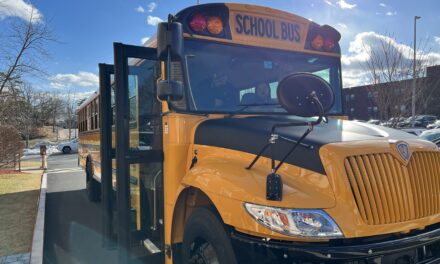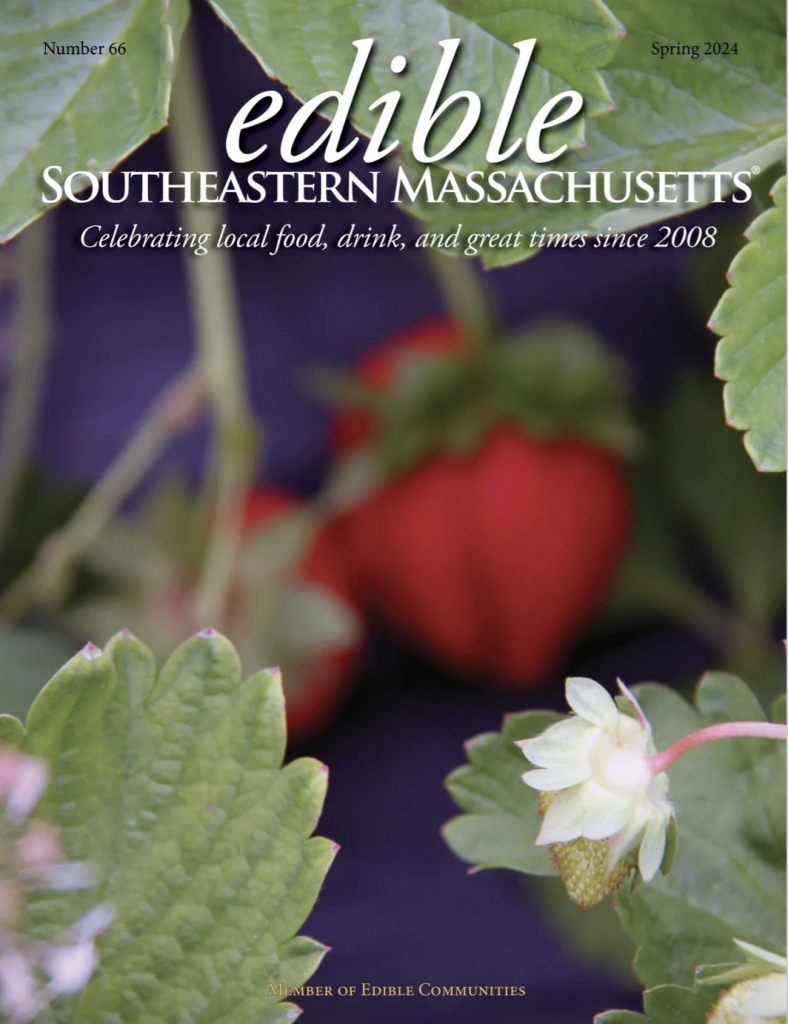“Eating is an agricultural act,” Wendell Berry wrote by which he meant that we are not just passive consumers of food but co-creators of the systems that feed us. –Michael Pollan
 The Marion Institute’s Southcoast Food Policy Council (SFPC) mission is to connect, convene, and advocate for local producers, consumers, and community members who seek policy and systems that strengthen our regional food system, improve community health, and eliminate food insecurity. The SFPC has nearly 300 members-at-large representing our farmers, fishermen, food pantry leaders, community-based organizations, institutional buyers, and a myriad of stakeholders who, in one way or another, produce, move, and consume food.
The Marion Institute’s Southcoast Food Policy Council (SFPC) mission is to connect, convene, and advocate for local producers, consumers, and community members who seek policy and systems that strengthen our regional food system, improve community health, and eliminate food insecurity. The SFPC has nearly 300 members-at-large representing our farmers, fishermen, food pantry leaders, community-based organizations, institutional buyers, and a myriad of stakeholders who, in one way or another, produce, move, and consume food.
As a program of the Marion Institute, the SFPC provides a platform that encourages and facilitates coordination and collaboration among the sectors of our regional food system. Our goal is to address the long-term systemic issues associated with food injustice and insecurity plaguing southeastern MA communities while supporting a regionally-based, environmentally sustainable food economy. Today, most food is grown on large-scale industrial farms that are monoculture-based, pesticide demanding, soil depleting, transport intensive, and indifferent to the needs of the surrounding community. This detrimental status quo is being challenged across the nation and throughout Massachusetts by food policy councils.
As a new program to the Marion Institute, the first order of business for the SFPC was to update the 2014 Food System Assessment (FSA) for Southeastern MA. FSA’s are vital to providing population, environmental, and economic health indicators while increasing awareness of the food system’s assets, challenges, and opportunities. The objectives of updating the assessment were to:
- catalog the existing food system’s assets and services,
- identify gaps in the existing assets and services,
- showcase possibilities for regional partnership and cooperation,
- assess producer and buyer demand for a regional food hub,
- consider policy changes that could support an equitable and sustainable food system for all, and
- prioritize recommendations and action steps for the SFPC going forth.
Although the pandemic slowed our progress, what we thought would take six months turned into 20 months, it provided new insights and opportunities by emphasizing the numerous service gaps and emergencies caused by an over-reliance on an industrial food system. Last October, we released the 2021 Southcoast Food System Assessment which encompasses data from Bristol, Norfolk, and Plymouth counties.
The SFPC work is guided by a 30-member Community Advisory Board comprised of food system stakeholders from Plymouth to Fall River. The SFPC’s Community Advisory Board (CAB) has been meeting monthly to receive training on the Food System Assessment, Food Equity and to use the FSA in a community-driven strategic planning process to identify key outcomes and priorities of the SFPC for the months and years to come. The CAB identified four pertinent Working Groups: Education, Policy, Food Accessibility Programs, and Capacity Building. Embedded in each Working Group are short-term and long-term initiatives. SFPC Members-at-Large and the community are welcome to join us as we create legislative policy campaigns to support this work.
We recommend the FSA to all food stakeholders in Southeastern MA. It is a great tool for grant writing, advocacy, public policy action, and educational purposes. Follow this link to access the full report or the digest: www.marioninstitute.org/programs/sfpc/food-system-assessment/
If you are interested in joining us in our work to create a thriving, inclusive, and culturally diverse regional food system in which we all benefit from healthy, accessible, and affordable foods, contact us at spfc@marioninstitute.org or join our next SFPC Quarterly Public Meeting on April 14, 2022, from 12-1 pm. www.marioninstitute.org/programs/sfpc/meetings/.







